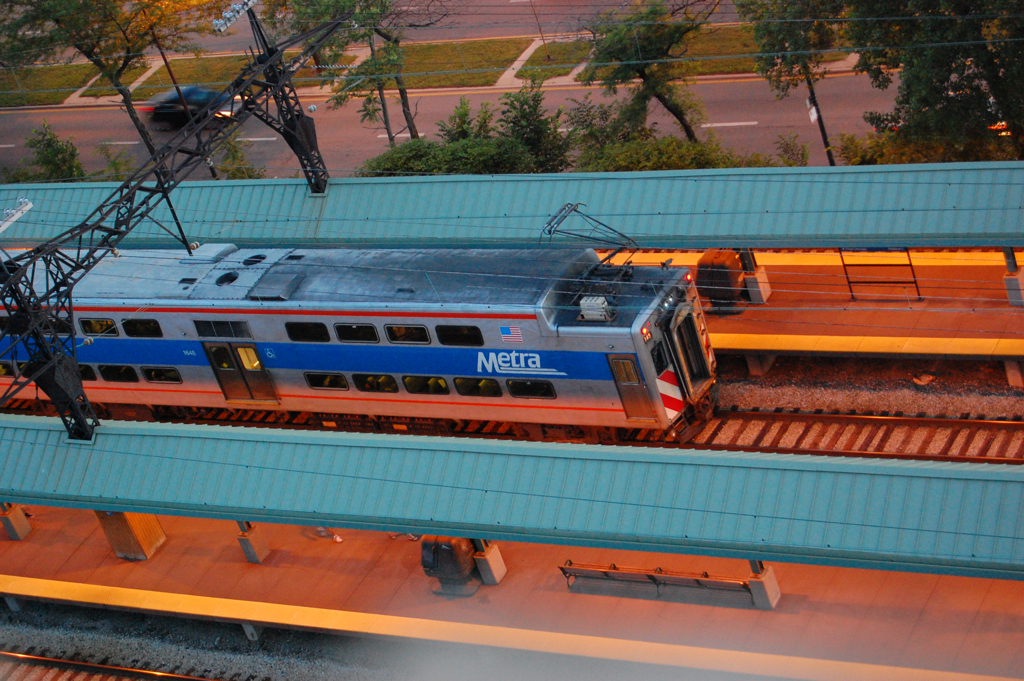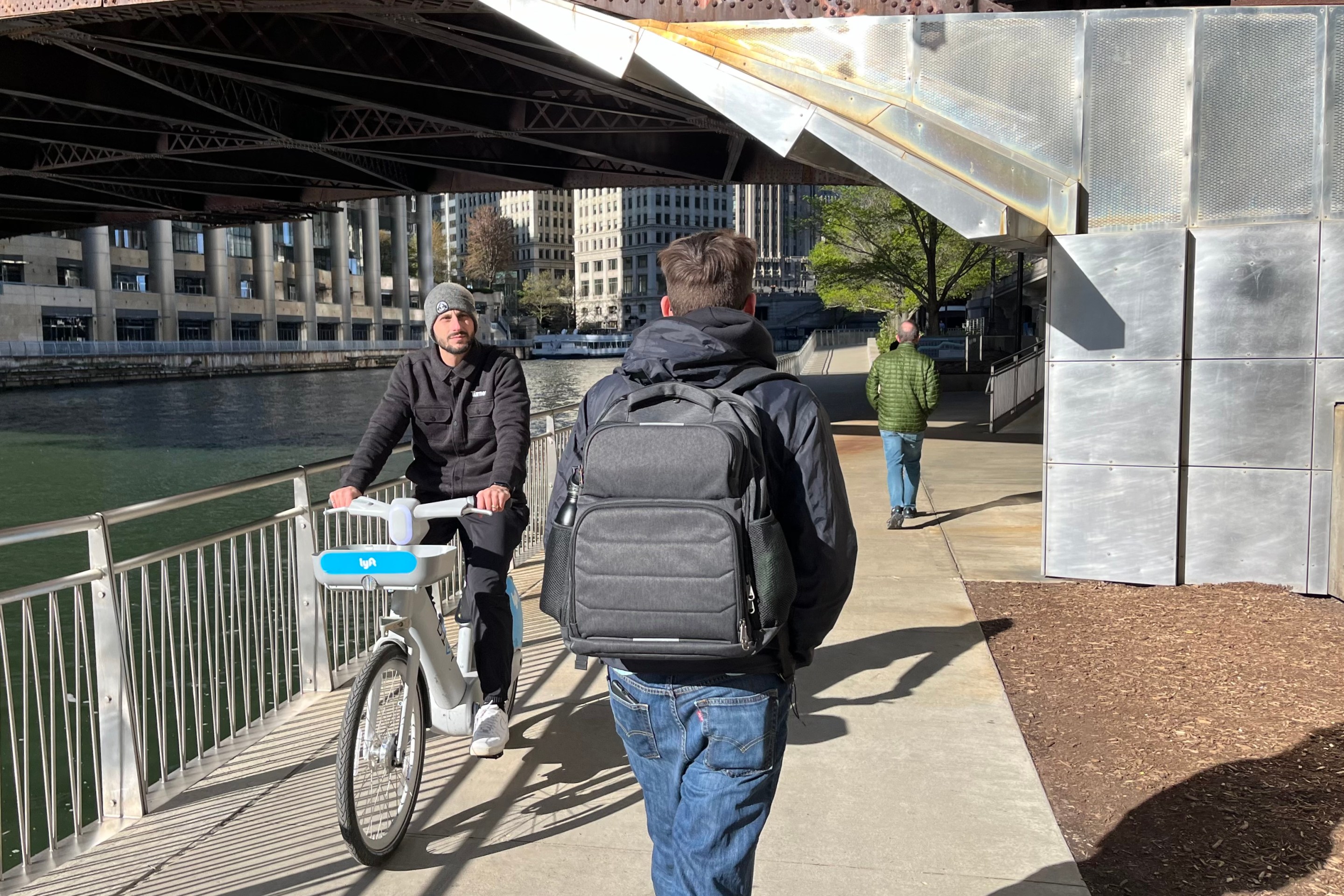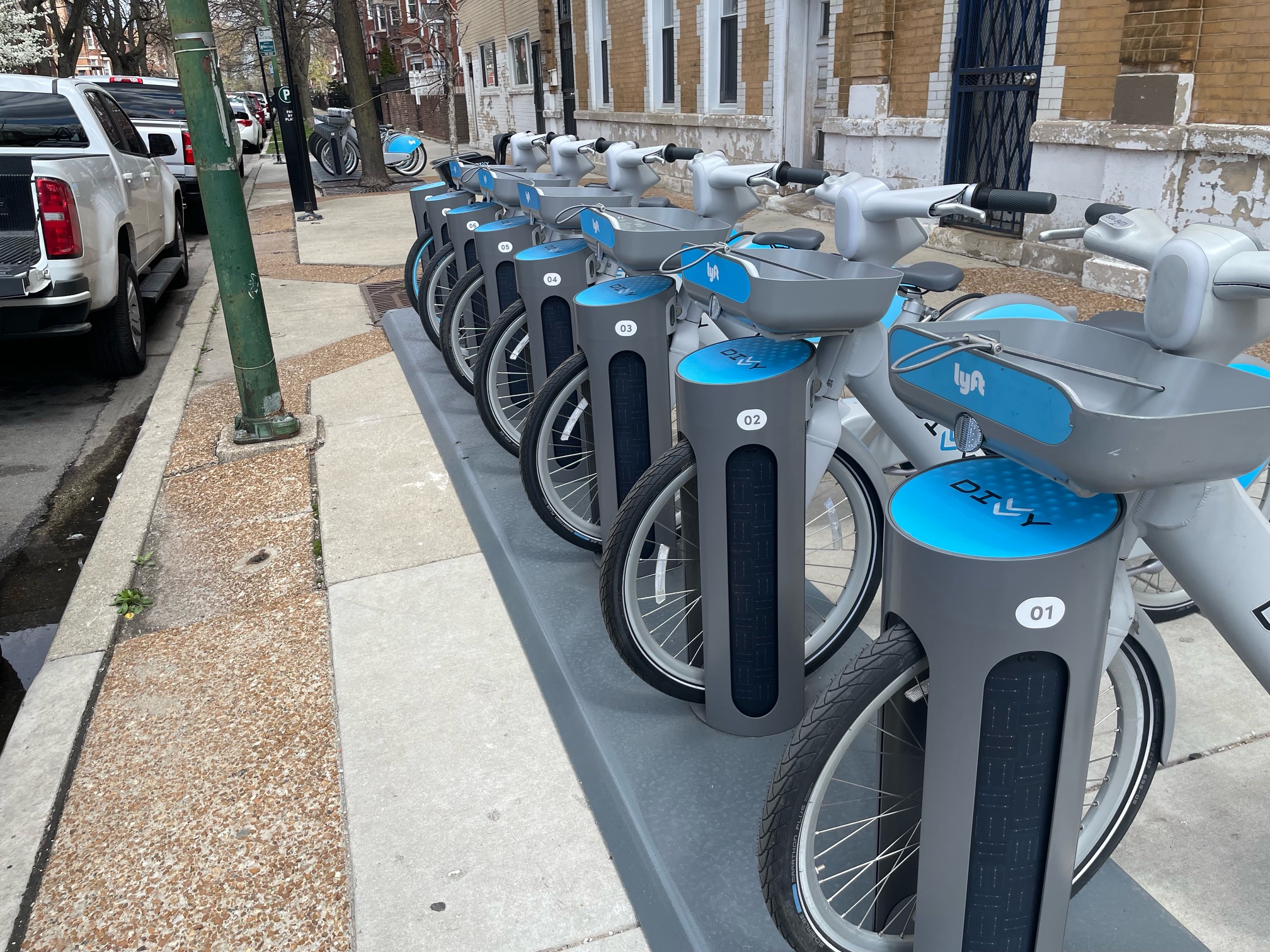It looks like our years-long state nightmare is nearly over. As reported by Politico, during the Fourth of July holiday the state legislature sent Governor Bruce Rauner a $36 billion budget in an attempt to avoid Illinois becoming the first state to have its bond rating lowered to “junk” status.
Rauner, who had been pushing for the inclusion of union-busting “reforms” in the legislation, immediately vetoed the bills, citing his opposition to the permanent 32 percent income tax increase included as a strategy to balance the budget. Many Republicans showed political courage by breaking ranks with the governor to support the legislation and override his veto in the Senate, choosing to potentially sacrifice their careers by angering the deep-pocketed governor rather than allowing our state to go down the tubes. The House is expected to vote to override Rauner as soon as Thursday, which would end the long crisis and begin the process of righting the economic ship.
I checked in with local transportation advocacy organizations to get their reactions on what the good news will mean for sustainable transportation in the Chicago region and the state in general.
Audrey Wennick, director of transportation for the Metropolitan Planning Council, says that passing a state budget will allow legislators to focus on the backlog of other critical issues that have been piling up, such as the need to develop a sustainable revenue source for transportation. “Revenue from the state motor fuel tax has been declining for the past decade, and our level of investment shows,” Wennick said. “There is a $43 billion backlog of need just to get highways and transit to a state of good repair.”
Scott Bernstein, executive director of the Center for Neighborhood Technology agrees that the crisis has prevented state decision makers from showing leadership when it comes to transportation funding. “So I’m hoping that the budget settlement clears the pall,” he says. For example, he noted that Illinois Department of Transportation chief Randy Blankenhorn was effective at advocating for sustainable transportation when he was head of the Chicago Metropolitan Agency for Planning. But the lack of a budget has made it impossible for Blankenhorn to address the state infrastructure repair backlog, let alone pursue smart strategies for improving Illinois’ transportation system.
Bernstein argues that the damage inflicted by years without a budget could have long-lasting consequences. “Illinois’ credibility to enter financial markets has taken a somewhat long-term hit,” he says. For example, he noted that building high-speed rail from Chicago to Saint Louis or Cleveland would likely require a public-private partnership. “Now people are going to look very carefully before investing in Illinois, because it’s going to be expensive for the state to borrow money to finance the project.”
Kyle Whitehead, director of governmental relations for the Active Transportation Alliance says the likely resolution of the crisis will come as a relief for the CTA, Metra, and Pace. “A budget agreement would bring much needed stability for transit agencies in the Chicago region that were already dealing with limited capital and operating budgets.”
However, Whitehead adds that the budget that’s on the table falls short when it comes to providing funding for sustainable transportation, and instead prolongs Illinois’ misguided focus on highways. “The agreement fails to address the region’s transit repair backlog and the need to improve and expand the transit system, or further upgrade biking and walking infrastructure,” he notes. “The state continues to prioritize building and expanding roads in a failed attempt to relieve congestion, while underfunding active transportation projects that help create a healthier, more sustainable, and economically vibrant region.”
That does sound like a major missed opportunity. On the other hand, if the state’s economy was to collapse due to a continuation of the budget crisis, our sub-par transportation network would be the least of our worries. So for now, lets be thankful that it looks like we'll have a budget at all, even if the legislation does fall short when it comes to funding transit, walking, and biking.




